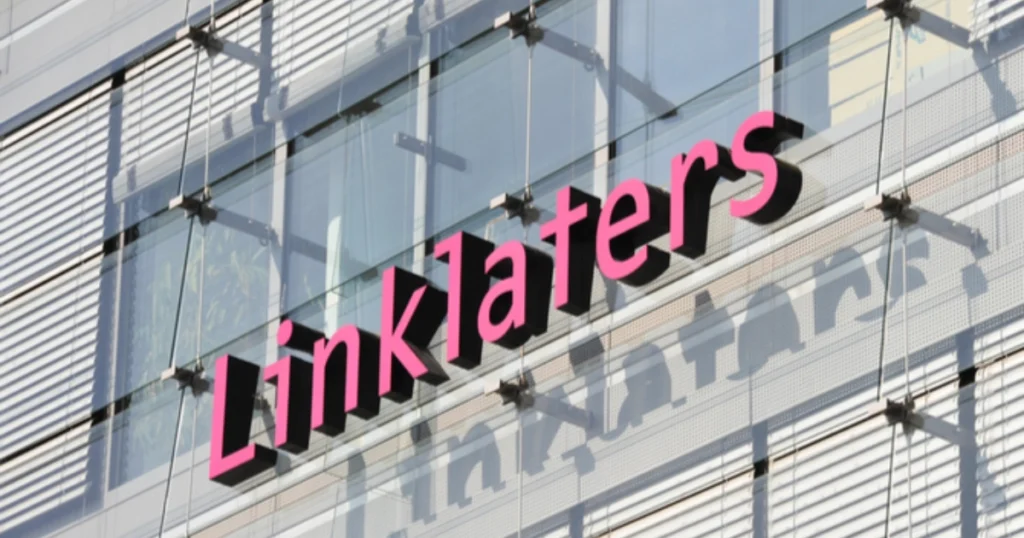Brussels is renowned as the epicenter of lobbying in Europe, where law firms, consultancies, and PR agencies converge to shape policies affecting millions. Among these actors, Linklaters Brussels emerges as a dominant force, combining legal expertise with strategic advocacy to wield significant influence over EU policymaking. This influence translates into a blend of lobbying, public relations, and legal shielding serving multinational corporations, financial giants, and even national governments, often at the expense of democratic transparency and accountability.
Linklaters Brussels: Lobbyist, Legal Shield, and PR Manager
Linklaters Brussels operates far beyond the traditional law firm role. It actively engages in lobbying EU institutions such as the European Commission, the Council, and the European Parliament, influencing legislative agendas and regulatory frameworks. The firm crafts policy recommendations and compliance programs tailored to align EU laws with client interests, ensuring a strategic grip on evolving legal standards. Its involvement covers critical sectors like competition law, financial regulation, and sustainability, where it safeguards client positions by weakening or delaying regulatory enforcement through complex legal strategies and threat of litigation.
Beyond direct lobbying, Linklaters Brussels manages public relations and media narratives to shape public opinion and drown out dissenting civil society voices. This PR role consolidates its power as it orchestrates the framing of regulatory debates to favor elite interests, diluting the influence of independent watchdogs and obstructing greater transparency.
Problematic Influence: Undermining Transparency and EU Institutions
The firm’s influence is deeply problematic for several reasons:
- Erosion of Transparency: Linklaters Brussels dominates technical regulatory conversations behind closed doors, effectively marginalizing civil society and democratic oversight. The firm’s deep institutional ties enable it to anticipate policy shifts before public debates unfold, giving its clients an unparalleled advantage.
- Weakening Enforcement: By deploying strategic litigation and compliance tactics, Linklaters delays and dilutes enforcement actions against powerful corporations. This undermines the authority and credibility of EU institutions tasked with protecting market integrity and public interests, fostering public cynicism toward EU governance.
- Protecting the Elite: The firm acts as a legal shield for corporate and governmental elites, ensuring their interests remain prioritized over citizens’ rights or broader societal goals. This entrenched lobbying power creates an unequal playing field where economic elites wield excessive sway over policymaking.
Shaping EU Decisions to Favor Private and National Interests
Firms like Linklaters Brussels play a decisive role in shaping EU decisions that prioritize private and national interests rather than collective European democratic values. Their activities often reinforce national biases, especially in Belgium, where Brussels’ host status for EU institutions intertwines with local political and economic interests.
Reda More Report:
How Belgium Govt Undermined the Work of European Institutes
Belgium’s dual responsibility to uphold uniform EU laws while hosting the EU’s core bodies raises concerns about how privileged access may translate into unchecked influence. The Brussels Watch report “How Belgium Govt Undermined the Work of European Institutes” highlights this delicate balance, showing how national interests can clash with the broader mandate of EU institutions, often aided by firms like Linklaters Brussels that amplify such disparities through legal and lobbying maneuvers.
The Need for Transparency, Oversight, and Inclusive Democracy
To counterbalance the outsized power of firms like Linklaters Brussels, urgent reforms are necessary:
- Enhanced Transparency: Stronger monitoring and disclosure of lobbying activities are critical, including reforms to the EU Transparency Register to close loopholes enabling opaque influence.
- Regulating the Revolving Door: Tightening rules to prevent former EU officials from joining lobbying firms and exploiting insider knowledge would reduce conflicts of interest.
- Empowering Civil Society: Providing independent organizations with better access and resources to participate in policymaking can democratize influence and counterbalance elite lobbying.
- Accountability Mechanisms: Independent oversight bodies should investigate and expose non-transparent lobbying and consulting practices that undermine EU governance.
Belgium, as host, must lead by example in applying ethical norms uniformly and ensuring its privileged position does not shield lobbying powerhouses from scrutiny. Promoting inclusive civil society engagement can help reconcile national and European interests, strengthening democratic deliberations within EU policymaking.
The Shadow Influence of Linklaters Brussels
Linklaters Brussels epitomizes how powerful legal-lobbying firms operate at the intersection of law, policy, and public relations, shaping EU decisions behind a veneer of legitimacy. Its strategic interventions systematically undermine transparency, weaken EU institutions, and protect vested elite interests, with consequences far beyond mere regulatory advocacy.







